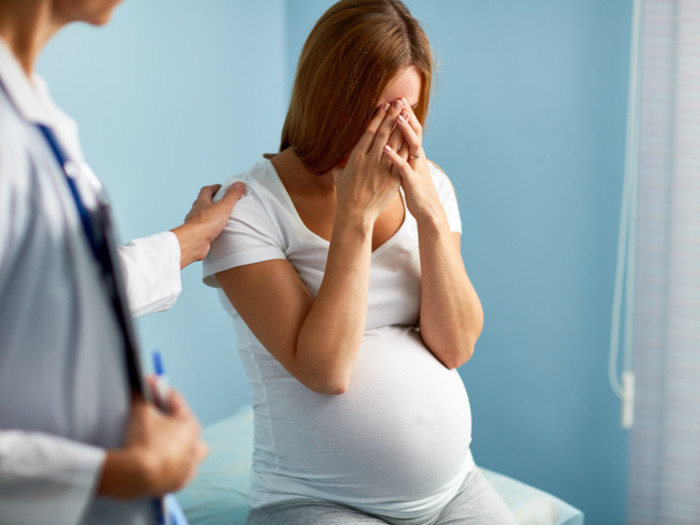Women face varying degrees of distress during pregnancies, all the while trying to be happier and more energetic for the sake of the fetus. While it is common for them to deal with this alone, with some level of support from partner and family, a new study says that high-risk pregnant women can benefit from professional emotional support.
The study, which aimed to understand how women undertake emotional management during a high-risk pregnancy, was recently published in the Psychology of Women Quarterly journal. The team of researchers found that women struggled to feel better during pregnancies, but forced themselves to feel better, fearing adverse effects of their negative state of mind on the fetus. However, this only leads to them feeling more drained and stressed. [1]

“We noticed a common theme among the women we spoke to — they were trying to force themselves to feel certain emotions like ‘thinking positive’ while trying to perform mind tricks to get themselves there,” said Judith McCoyd, lead author and associate professor at the School of Social Work, Rutgers University. “More surprisingly, the women informed us that they did not receive explicit advice on how to cope, think positive, or calm down.” [2]
The phenomenological research involved a sample of 16 women between the ages of 21 to 42. It was observed that these women dealt with anxiety and depressive symptoms, as well as a dilemma between how they are feeling, what they are supposed to do, and how they are supposed to feel.
Based on these observations, it was concluded that women facing a high-risk pregnancy could be helped with professional interventions, especially with techniques such as mindfulness, Acceptance Commitment Therapy, and more.
